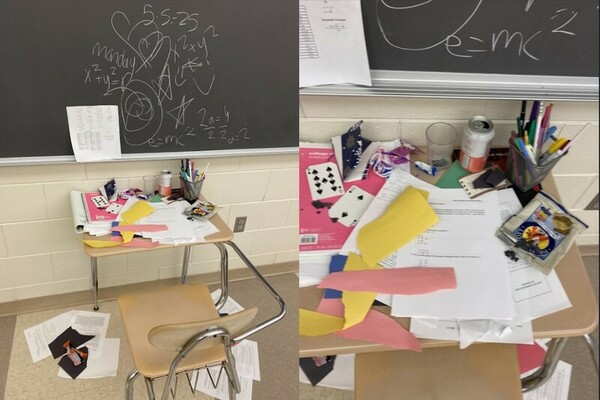The effect of workspace tidiness on schoolwork performance of high school students
(1) Crown Point High School, Crown Point, Indiana, (2) Department of Psychology, Princeton University, Princeton, New Jersey, (3) Department of Psychology, Purdue University Northwest, Hammond, Indiana
https://doi.org/10.59720/22-219
Adolescents tend not to prioritize organization. Previous research indicates that the degree to which a student's workspace is organized can impact their academic performance. Current literature shows that an organized desk produces better focus and efficiency. Prior studies focused on college students, the professional workplace, and home clutter. However, no literature explored these effects on high school students. The impact of tidy workspaces on adults cannot be assumed to hold for adolescents because of differences in development. Here, we investigated changes in the accuracy and efficiency of high school students when completing an academic task in organized and disorganized environments. We hypothesized that high school students would perform worse, in terms of accuracy and efficiency, in a disorganized environment. Twenty-three high school student volunteers were given a standardized math test in both organized and disorganized workspaces. While students answered more questions and more questions correctly on average in the organized environment, a repeated measures t-test indicated that statistical significance was not reached. Despite this study's lack of statistical significance, further research on this topic is warranted.
This article has been tagged with: